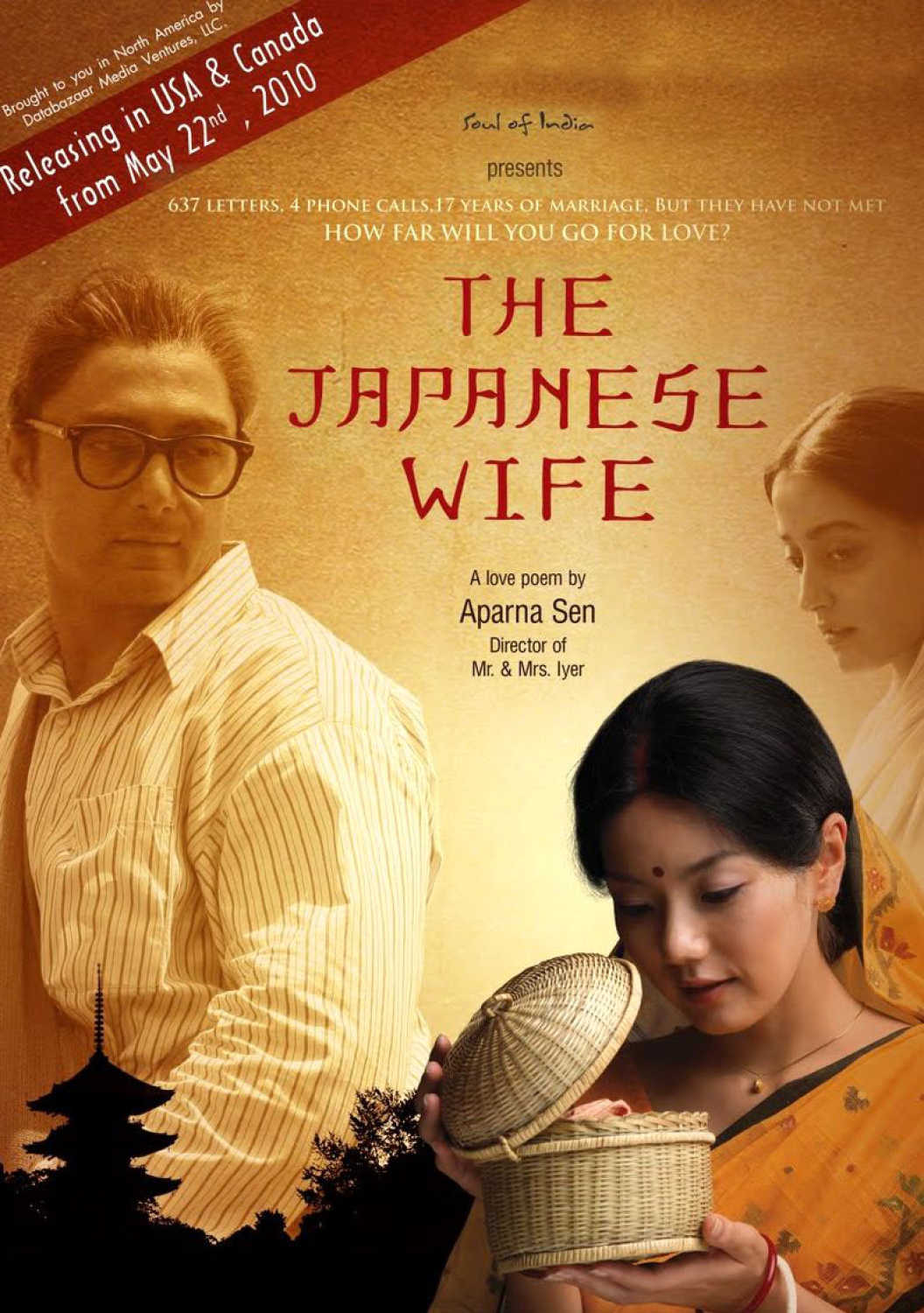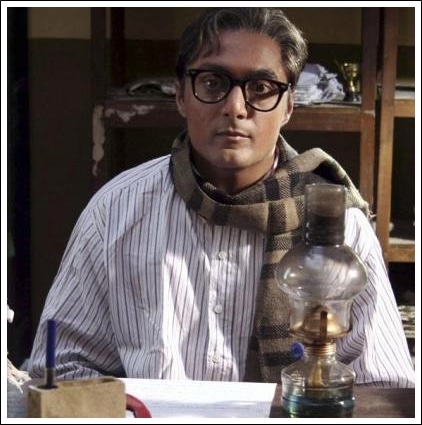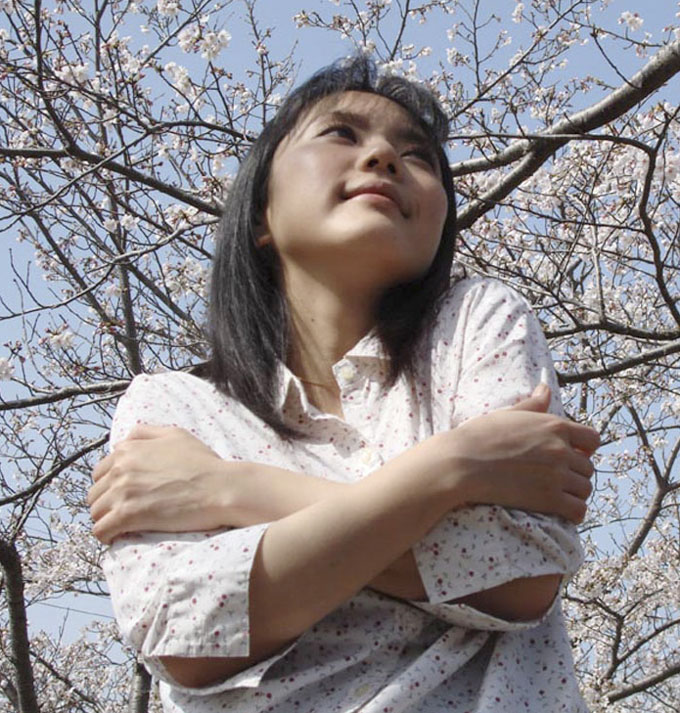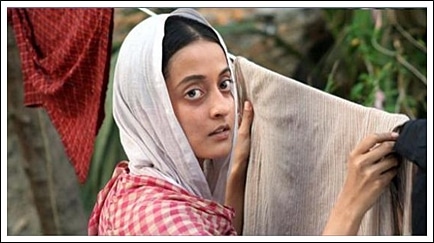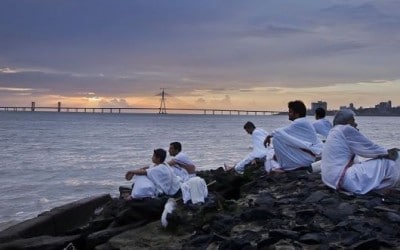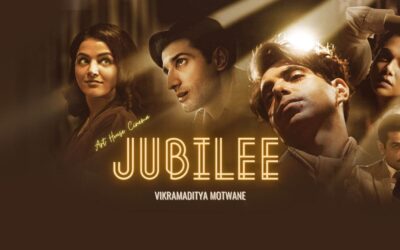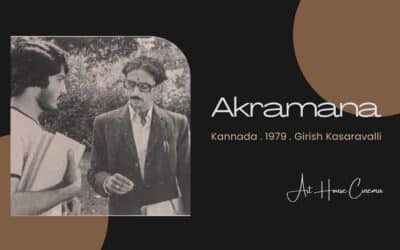The Japanese Wife (2010) is a primarily English (with Bengali and Japanese) Film directed by Aparna Sen. Based on a book by Kunal Basu, the story of this Indo-Japanese film revolves around the love story of a young Bengali village school teacher and his Japanese pen friend over letters, a relationship that transcends the boundaries of human presence.
Cast
- Rahul Bose – Snehamoy Chatterjee
- Raima Sen – Sandhya
- Chigusa Takaku – Miyage
- Moushumi Chatterjee – Maasi
- Rudranil Ghosh – Fatik
Crew
- Direction – Aparna Sen
- Script – Aparna Sen
- Story – Kunal Basu
- Music – Sagar Desai
- Cinematography – Anay Goswami
- Editing – Raviranjan Maitra
Story
In a remote village of the Sundarbans, Snehomoy develops a strange bond with Miyagi, his pen-pal from Japan. Separated by thousands of miles, the two friends exchange countless letters, exploring each others’ worlds. They even go as far as to take the marital vows of a lifelong devotion to each other – by post. While Miyagi sends a wedding ring to Snehomoy, he sends her vermillion and conch shell bangles. In the world where Snehomoy lives, people are not cynical and take aberrations for granted. So a vernacular Bengali schoolmaster is married to a girl from Japan, whom he has never met and the village readily accepts her as their Boudi from Japan. While Snehomoy doesn’t have money to travel to Japan to meet his wife, Miyagi is held back by her own compulsions. Spanning two decades, their love transcends the realms of nations and cultures, where marriage means lifelong yearning and wait for each other.
The unusual relationship between Snehmoy and Miyage is tested when a young widow, Sandhya, comes to stay with him along with her eight-year-old son Poltu. Snehmoy and Poltu bond instantly and he experiences the joy of fatherhood in the company of the little boy. He also develops an inexplicable thread of understanding with Sandhya as well. However, he always remains loyal to Miyage, his beloved Japanese wife.
When the news of Miyage being sick with Cancer reaches Snehmoy, he takes a long leave of absence from his school and sets out for Calcutta on a stormy day to get a cure for her. However, he realises that the doctors can do little if Miyage is not present there.
Snehmoy (Rahul Bose)
While coming back to his village, Snehmoy gets stuck in a storm and he falls sick as a result of getting drenched in the rains. The sickness soon turns into pneumonia. Bad weather prevents anyone from getting medicine from the nearby town, and Snehmoy succumbs to his illness a few days later.
After calm returns, Miyage comes to the village of her husband as a widow. Dressed in a white saree with her hair shaved, she is welcomed at the door of her home by Sandhya.
Commentary
‘The Japanese Wife’ is an unconventional love story by any account, and a remarkable one by any account. This film featuring Rahul Bose, Chigusa Takaku, Raima Sen, Moushumi Chatterjee and directed by Aparna Sen was released in 2010, although I got a chance to see it only yesterday. This is one of those rare films which compel me to write about them. On the question of why I consider it rare, when was the last time you watched a love story which made you smile and cry at will?
Miyage (Chigusa Takau)
Aparna Sen surprises by the way she manages to weave magic on celluloid. There is something very surreal about this film. The story flows like a river in the delta; placid and calm, yet overwhelming in its beauty, subtlety and minimalism. The film grows on you at its own leisurely pace. Before you know, you cease to remain a distant viewer and become a part of their lives.
The performances set a high benchmark with the protagonists basking in the roles of their lifetime. Rahul Bose is amazing as the shy and gentle Snehomoy, Chigusa shines as the Japanese bride, Raima is elegant as a young widow and Moushumi is adorable as the vivacious, sometimes over the top masi ma. The rock-solid characterization is evident in the way the Director manages to make the fringe characters hold on to their own, be it Paltoo the kid, the postman or the village folks.
A talk on the ‘The Japanese Wife’ will be incomplete without mentioning the cinematography. Anay Goswami’s camera brings out the best and worst of the Sundarbans come alive on film. This film is a delightful departure from the regular kitsch we are fed in the name of foreign locales and CGI. From the tranquil rivers of the region to the fury of the monsoons to the kites flying high in the sky, each frame is crafted with love.
Sandhya (Raima Sen)
The Japanese Wife does not feel like a film. It reads like poetry. For a sensitive heart and the lover of good cinema, this film is a beautiful Haiku which will soothe the senses and please the soul.
Well done Mrs Sen!
“There is such beauty, restraint and minimalism in this akin-to-a-haiku film, it transports you into another world altogether.”
– Nikhat Kazmi, The Times Of India
Awards and Recognition
- Star Entertainment Awards – Best Film, Best Director, Best Cinematography
- Hidden Gems Film Awards (2010) – Best Film
- Silver Crow Pheasant Award (2010) – Audience Choice
Reference
- Wikipedia – The Japanese Wife
- IMDB – The Japanese Wife
- Shadows Galore (first published on) – The Japanese Wife
- Just Me Mike
- Medium – Recalling The Japanese Wife


